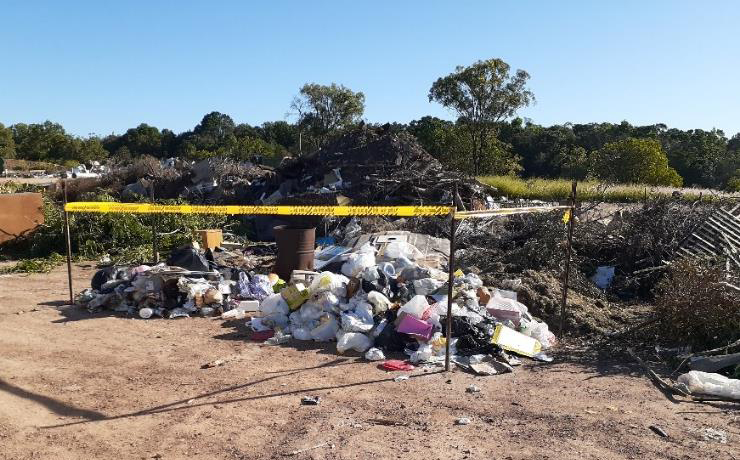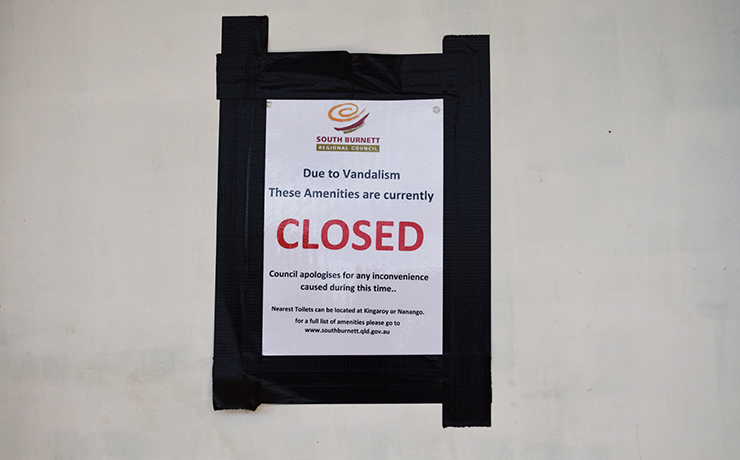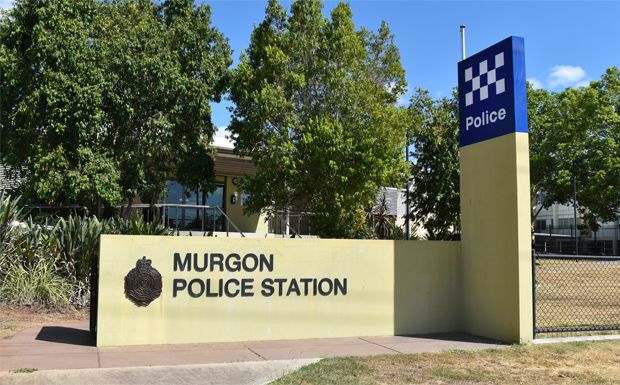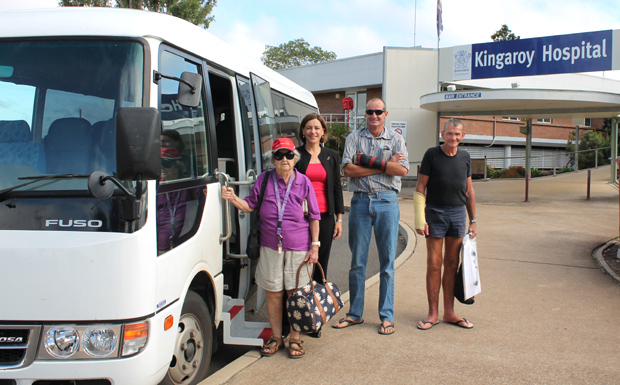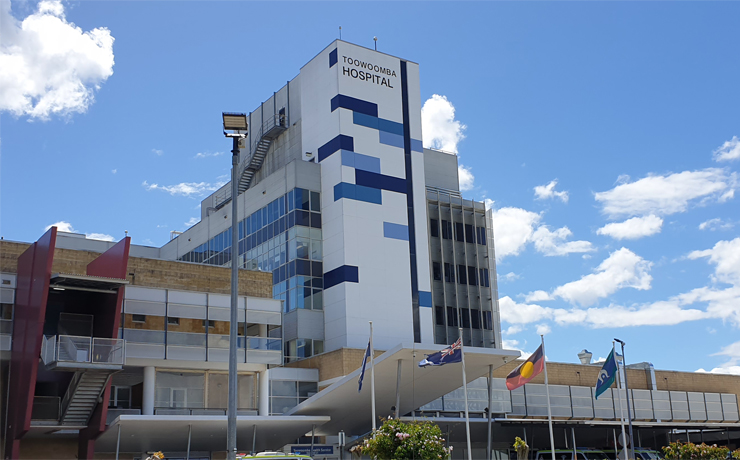
November 20, 2023
The Australian Local Government Association (ALGA) – the peak national body representing local councils – has described the Federal Government’s phased-in doubling of Roads To Recovery funding as “a landmark win for local communities”.
Minister for Infrastructure, Transport, Regional Development and Local Government Catherine King announced at the weekend the funding would be doubled from $500 million to $1 billion per year through phased increases over the forward Federal Budget estimates.
Minister King also announced a $40 million per year increase in the Black Spot Program, and a new Safer Local Roads and Infrastructure Program.
“We are delighted to welcome this major funding increase that will benefit all communities across Australia,” ALGA president Cr Linda Scott said.
“For several years, ALGA has consistently advocated for more Roads to Recovery funding that will deliver safer and more productive roads.”
Cr Scott said the $40 million per year increase to the Black Spot Program would be welcomed by councils and would help save lives.
“Councils maintain more than 75 per cent of Australia’s roads and this expansion of the Black Spot Program will support us to reduce Australia’s unacceptably high national road toll,” Cr Scott said.
Cr Scott also welcomed the Safer Local Roads and Infrastructure Program, which would incorporate the existing Heavy Vehicle Safety and Productivity and Bridges Renewal Programs, with funding gradually increasing from $150 million to $200 million per year.
Hiowever, the Queensland Government was less appreciative of the weekend announcements.
Transport Minister Mark Bailey said the “so-called boost to roads in Queensland is misleading”.
He said the decision to reduce Federal Government funding splits on regional roads from 80:20 to 50:50 had been estimated by TMR to cost Queenslanders between $600 million and $1 billion a year.
“This is on top of cuts made elsewhere in Queensland such as the decision to cease funding projects including the Mooloolah River interchange, the cap on funding on road corridors and changes to funding splits on existing projects,” Minister Bailey said.
“Queenslanders will therefore still be significantly worse off.
“Although Queensland has only the third largest population of any State, our vast State has the largest regional road network in the nation so the proposed change from 80/20 funding to 50/50 has the largest impact on regional Queenslanders than regions in any other jurisdiction.”
On Friday, Opposition spokesperson for local government, Victorian MP Darren Chester slammed the Federal Government for “ignoring” a recommendation to increase Roads to Recovery funding, a lack of new funding for regional roads as well as abandoning the 80/20 funding split.
- Related article: Councils To Bear More Costs: MP














